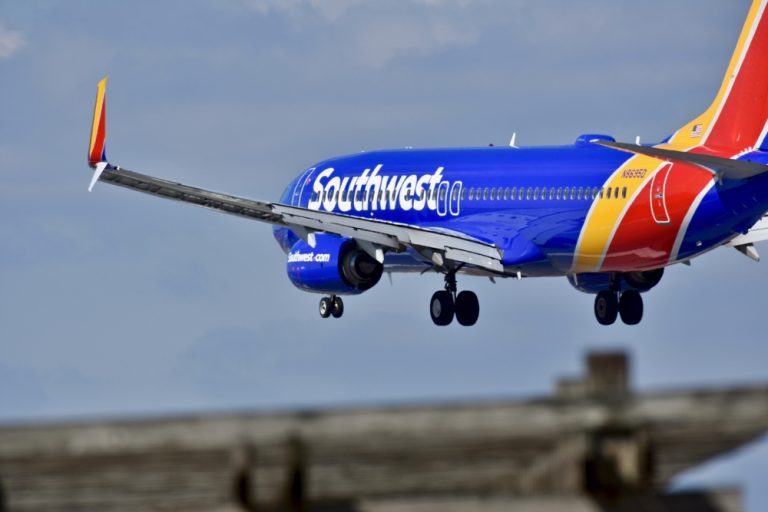Southwest Airlines is facing mounting pressure from an activist investor to modernize its long-standing business model, as it grapples with the challenge of restoring profitability. The call for change comes ahead of a key investor meeting where CEO Robert Jordan is expected to outline a plan to revive the airline’s financial health.
Once the leader in low-cost air travel, Southwest now finds itself at a crossroads. Elliott Investment Management, a hedge fund pushing for leadership changes, is advocating for a complete overhaul of Southwest’s outdated strategy. The airline has been criticized for sticking to a business model developed decades ago, despite significant shifts in the travel industry.
Proposed Changes and Investor Criticism
At the heart of the proposed overhaul is a push for Southwest to adopt practices that competitors, such as Delta and United Airlines, embraced years ago—most notably, switching to assigned seating and offering extra-legroom options to cater to premium travelers. These changes are seen as essential to boosting revenue margins, particularly as the demand for premium travel continues to grow.
The company is also preparing to adjust its network to reflect post-pandemic shifts in business travel. Chief Operating Officer Andrew Watterson acknowledged that some cities would see significant changes, but the airline has no plans to cease service to any of them.
Struggles with Modernization
Southwest’s troubles stem from a range of factors, including its slow response to changing consumer preferences and a rigid adherence to its historic “Southwest way” of doing business. This mindset, coupled with technological lag, has left the airline vulnerable to operational inefficiencies and higher costs.
The airline’s leadership has come under fire for failing to anticipate these changes. Critics argue that the company’s decision to expand into 18 new markets during the pandemic—once a successful strategy—has now backfired due to changing market dynamics and government intervention through pandemic aid. Southwest’s late pivot toward premium travel also illustrates a pattern of delayed responses to industry trends.
Technological Lag and Rising Costs
Southwest has also been slow to adopt crucial technologies. For example, it only recently implemented SkyPath, a software used by other airlines for years to help pilots navigate turbulence. While CEO Jordan claims that the company has heavily invested in technology, analysts say these efforts are long overdue.
The airline’s operating expenses have soared, with the company spending nearly 99% of its revenue on costs last year, a significant increase from previous years. Moreover, Southwest’s reliance on Boeing has proven problematic as production delays have forced the airline to operate aircraft longer than planned.
The Future of Southwest Airlines
Southwest is currently facing an identity crisis. Its long-term success was built on cost-cutting and operational efficiency, but those methods alone no longer suffice in a highly competitive market. Industry experts suggest that the airline needs to explore new revenue streams, potentially through international expansion or by partnering with third-party platforms for bookings.
The outcome of Thursday’s investor meeting and Jordan’s proposed strategy could shape the future of Southwest Airlines as it seeks to regain its footing and satisfy both investors and consumers alike.


